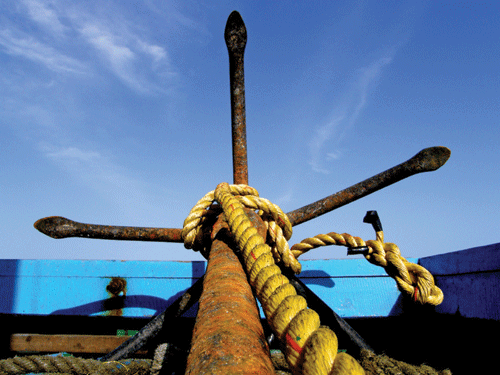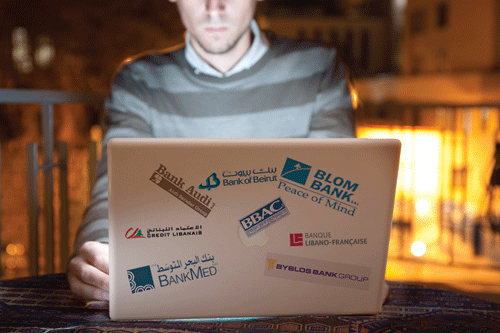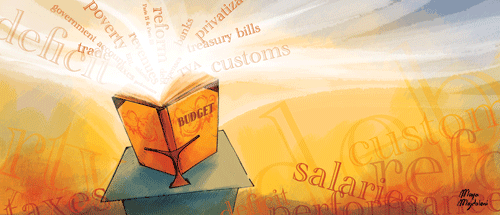The first power plant was established in the Emirate of Dubai in 1961 when citizens of the small city-state still lived a life dominated by their desert environ. Half a century later, residents of Dubai consume more electricity per capita than any other person on the planet. But now, with local and global financial crises tapping the breaks on unrestrained development, it may be time to reflect: what exactly has happened to Dubai in the last 50 years?

Jim Krane, the Associated Press’ former Gulf correspondent, attempts to make sense of the phenomena that is Dubai in his new book, “City of Gold: Dubai and the Dream of Capitalism.”
“Dubai is a city of incongruities. The roads are modern but the network is incoherent. The cars are advanced but driving is anarchic. Malls are rife but there is no art museum. The airport is world class, but education is substandard,” he writes. “An optimist would say that’s the essence of an emerging market, the reason Dubai crackles with opportunity. A realist would point to a government that preferred impulsive decisions to level-headed planning.”
Krane gives fascinating accounts of how the ideas for the Burj Al Arab, the Palm and the tallest building in the world, the Burj Khalifa, came to life. The style of the book is journalistic, giving space to both sides of the story and ensuring the people he interviews do most of the talking.
The first half of City of Gold details the rapid rise of Dubai from its early history to the present day and its conception of the capitalist system; the second half of the book attempts to look at Dubai’s darker side of labor abuse, environmental degradation, prostitution and slavery. However, one can gather this book was written with the understanding that certain sections, such as Sheikh Mohammed’s profile, are due great import, while negative airings ought to be minimized. Krane is reluctant to stick his neck out in areas that may get it chopped off. Subsequently, the book does not venture much beyond what is already widely understood about Dubai.
A liberal autocracy
Dubai, as a capitalist bastion run by an autocratic regime, “enjoys broad social freedoms which substitute for its lack of political ones,” writes Krane, but he fails to make the case. Instead, Krane does the unthinkable and quotes British diplomat Anthony Harris: “People don’t want to replace tribal rule. It is my absolute conviction that they are happy with it.” Krane adds that the British government has done more than anyone to keep the Maktoum family in power.
Yet virtually every topic Krane approaches needs more fleshing out, and he seems to take the official line as Bible truth. Hard questions are not asked.
Do, or rather can, social freedoms substitute for political ones? Are they interchangeable? What do those living in Dubai think? Krane leaves unexamined the thoughts of Emiratis and long-term residents regarding their transformation from small-scale traders to the capitalist elite. We know Dubai has been an economic success but has it been a social one?
Dodging tricky questions is what City of Gold does unfortunately well. It is packed with superficial generalizations, dubious conclusions and giant leaps of faith. When it comes to “Arabs,” Krane seems to patricianly revel in stereotypes: “Sheikh Rashid maintained a punishing work ethic in a region known for languor.”





![0301[2]](https://www.executive-magazine.com/wp-content/uploads/2014/01/03012.jpg)






